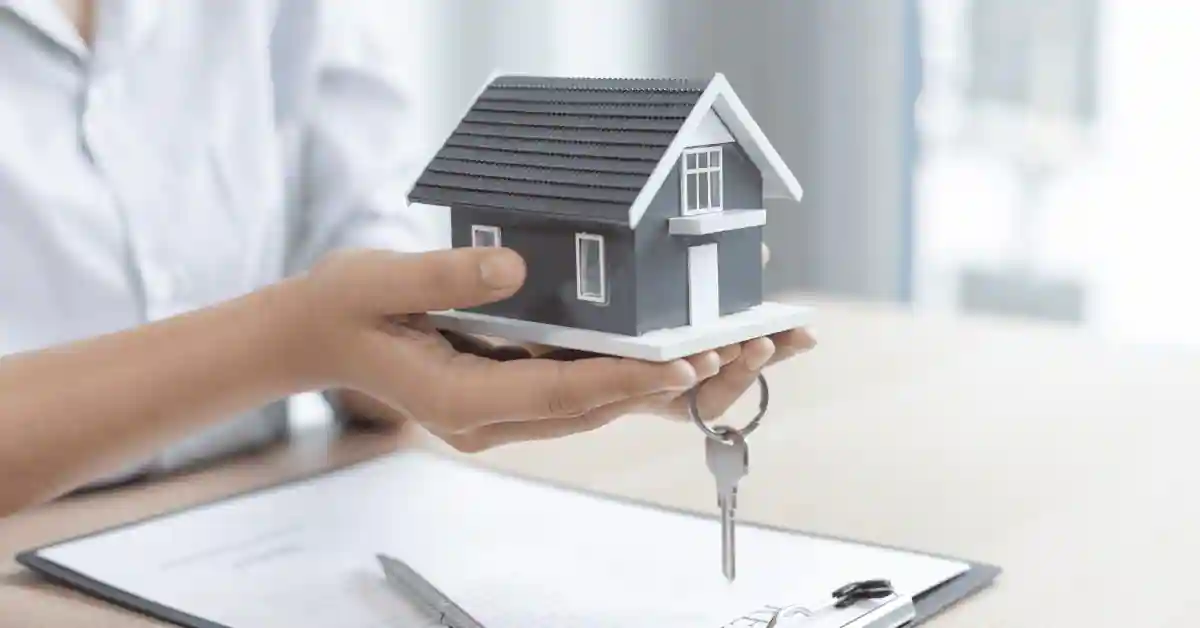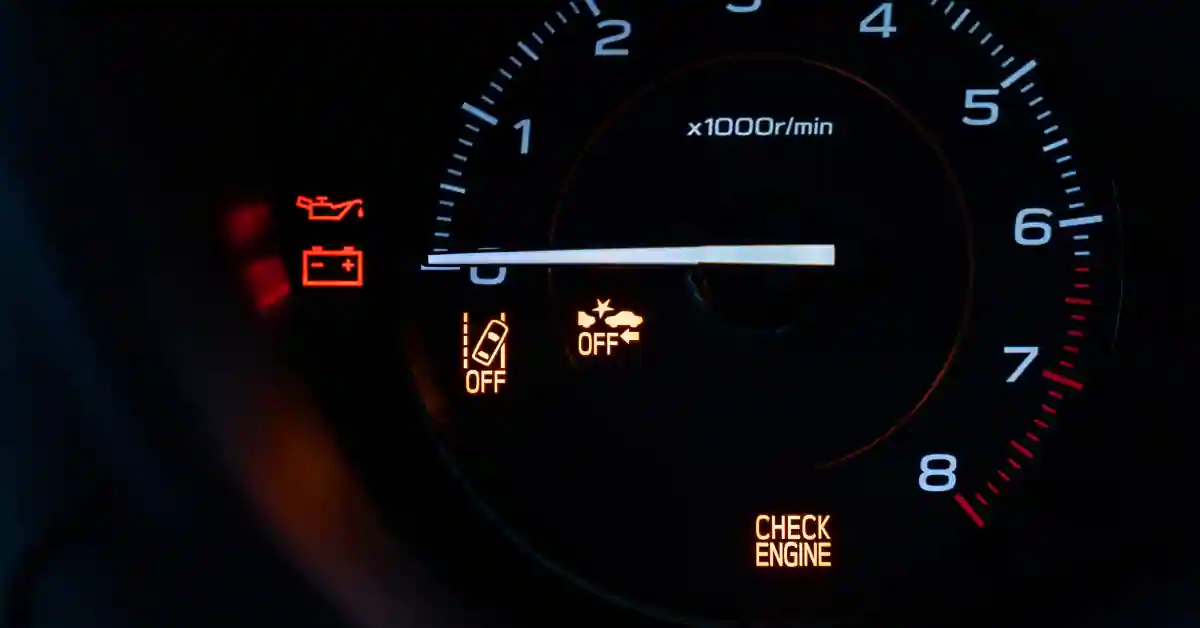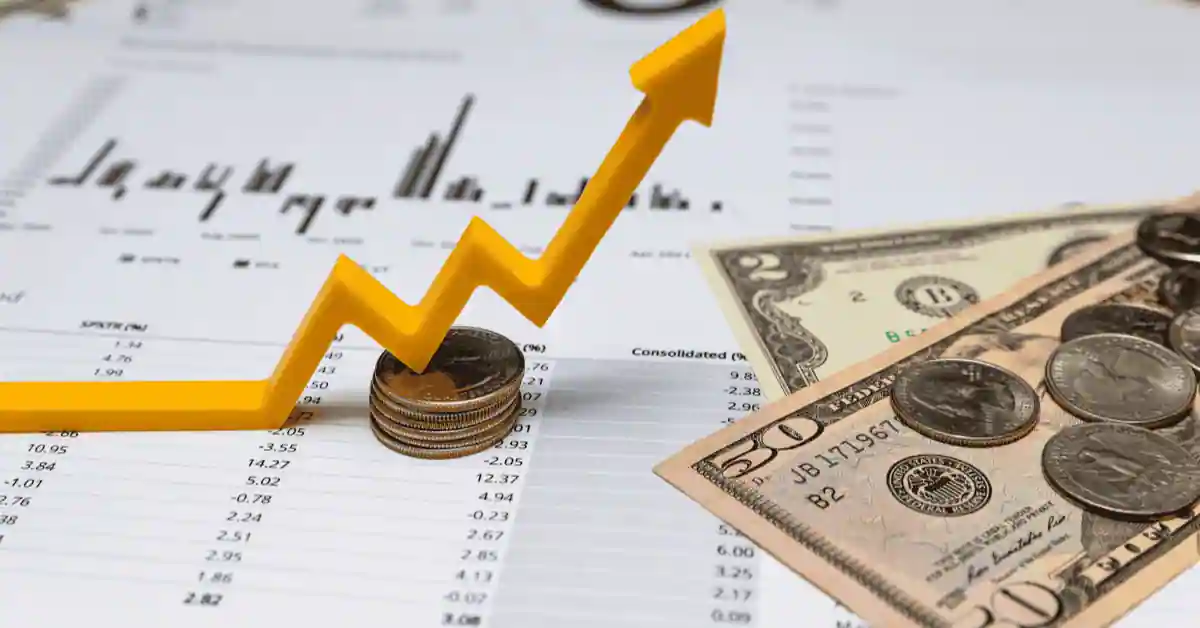Have you ever thought about flipping houses but didn’t have the upfront capital? Or maybe you want to invest in real estate but don’t know where to start? Well, wholesale real estate might just be the perfect answer for you.
In wholesale real estate, investors don’t actually buy the properties themselves—instead, they act as middlemen. By finding distressed or undervalued properties, securing them under contract, and selling that contract to another investor, wholesalers can make a profit without owning the property. Sounds like a dream, right?
In this guide, we’ll break down exactly how wholesale real estate works, the steps to get started, and key tips to succeed. Whether you’re a complete beginner or looking to improve your skills, you’ll find everything you need to profit in this fast-paced, exciting industry.
What is Wholesale Real Estate?
Wholesale real estate is a strategy where an investor, known as the “wholesaler,” finds a property under market value, gets it under contract, and then sells the rights to that contract to another investor (usually a fix-and-flip investor or a landlord).
This type of deal doesn’t require significant capital upfront, making it a great option for new investors. The wholesaler’s role is mainly to find distressed properties or motivated sellers, negotiate a favorable price, and then assign the contract to a buyer for a profit, often referred to as an “assignment fee.”
Why Choose Wholesale Real Estate?
- Low Capital Investment: You don’t need a large down payment to start.
- Fast Transactions: Deals can close quickly, often in a matter of weeks.
- Flexibility: Wholesale can be done full-time or as a side hustle.
- Scalability: It’s possible to scale your wholesale business quickly once you build a reliable network.
How Wholesale Real Estate Works
Finding the Right Properties
The first step in wholesale real estate is finding properties that are priced below market value. These could be distressed homes, foreclosures, or properties owned by motivated sellers who need to sell quickly. You can find these deals by:
- Networking with real estate agents, other wholesalers, and investors.
- Searching public foreclosure listings.
- Direct mail campaigns to homeowners in distress.
Getting a Property Under Contract
Once you find a potential property, you’ll need to negotiate the terms with the seller and secure it under contract. This contract gives you the exclusive right to buy the property, but you won’t actually be buying it.
Instead, you’ll assign the contract to another buyer for a fee. It’s critical to ensure the price is low enough to provide value to your buyer, while still leaving room for your profit.
Assigning the Contract to a Buyer
After securing the property under contract, your next step is finding a buyer. This is typically another investor who will either flip the property or hold it as a rental. Once you’ve found a buyer, you assign the contract to them and collect your assignment fee.
Key Benefits of Wholesale Real Estate
- No Need for Financing: Unlike traditional real estate investments, wholesalers don’t need to secure loans or mortgages. They only need to lock down a contract with the seller.
- Quick Turnaround: Wholesale deals can close much faster than traditional property sales. Wholesalers often complete deals in as little as 30 days.
- Minimal Risk: Since wholesalers don’t actually purchase the property, they’re not taking on the financial risk of holding it.
- Great Cash Flow: Wholesalers earn fees for their deals, often ranging from $5,000 to $15,000 or more per transaction.
Steps to Start in Wholesale Real Estate
1. Research and Understand Your Market
Before you dive in, it’s important to have a solid understanding of your local real estate market. Research market trends, understand property values, and get familiar with areas where distressed properties are common. You’ll also want to understand the legal aspects of wholesaling in your state.
2. Build Your Network
Networking is key in wholesale real estate. You’ll need to establish relationships with real estate agents, investors, contractors, and other wholesalers. A solid network will help you find deals, sell contracts quickly, and build a reliable team to work with.
3. Find Distressed Properties
Start sourcing properties that are likely to be underpriced. Look for foreclosures, auctions, or sellers in financial distress. Direct mail campaigns, driving for dollars, and attending foreclosure auctions are great ways to find these deals.
4. Get the Property Under Contract
Once you find a distressed property, negotiate the price and get it under contract. This will give you exclusive rights to sell it to another buyer. Be sure to include an “assignment clause” in the contract so that you can transfer the deal to your buyer.
5. Find a Buyer and Assign the Contract
After securing the contract, you’ll need to find an investor who’s interested in the property. Once you’ve found a buyer, you can assign the contract to them for a fee. The buyer will then close the deal directly with the seller.
Common Mistakes to Avoid in Wholesale Real Estate
1. Overestimating Property Value
One of the most common mistakes new wholesalers make is overestimating the property’s potential value. Do your homework, and make sure the numbers work for both you and the buyer.
2. Failing to Secure Solid Buyers
A solid buyer’s list is essential for success in wholesale real estate. Without buyers ready to purchase your contracts, your wholesale business will stagnate.
3. Not Understanding the Legalities
Each state has its own laws regarding wholesaling, and you need to be familiar with them to avoid legal trouble. Always work with a real estate attorney to ensure your contracts are solid and comply with local laws.
How to Scale Your Wholesale Business
Once you’ve successfully closed a few deals, it’s time to scale. You can do this by:
- Hiring a team to handle marketing, lead generation, and sales.
- Building a database of potential buyers to quickly assign contracts.
- Automating your processes to handle more deals.
Conclusion: Ready to Start Your Wholesale Real Estate Journey?
Wholesale real estate offers a fantastic opportunity for those looking to get involved in real estate without a significant upfront investment. By finding distressed properties, securing contracts, and assigning them to buyers, you can start earning profits quickly.
But remember, success in wholesale real estate takes time, research, and building strong relationships. With the right strategies in place, you could be well on your way to profiting in this fast-paced market.
FAQs:
1. What is the difference between wholesaling and flipping houses?
Wholesaling involves securing properties under contract and selling the contract to another investor, whereas flipping involves purchasing the property, renovating it, and selling it for a profit.
2. Do I need a real estate license to wholesale?
In most states, you don’t need a license to wholesale real estate, but it’s always best to check local laws and work with a real estate attorney to ensure compliance.
3. How much money can I make from wholesale real estate?
Wholesale deals typically yield between $5,000 to $15,000 per transaction, but this can vary depending on the market and the properties you’re dealing with.
4. What are the risks in wholesale real estate?
Risks include mispricing properties, failing to find a buyer, and legal issues if contracts aren’t properly executed.
5. Can I wholesale real estate remotely?
Yes, with the right systems and network, wholesale real estate can be done remotely, but it’s important to have a strong understanding of the local market and reliable partners.






